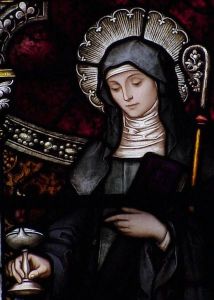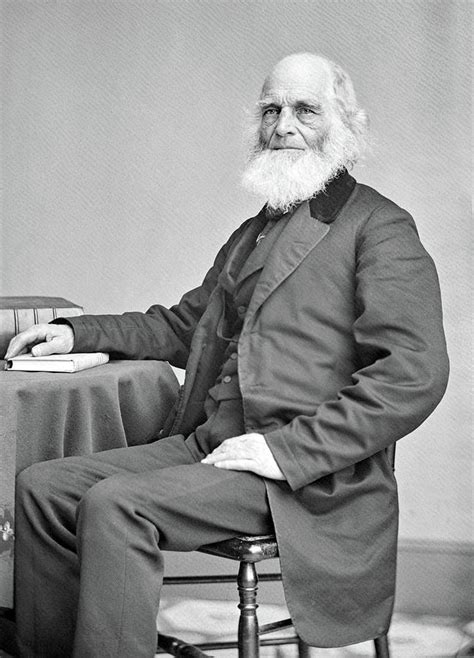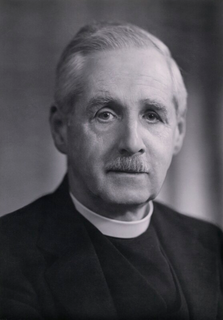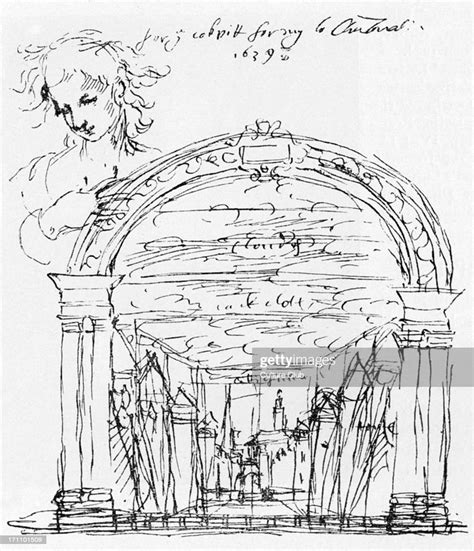A Quote by William Shakespeare
For which of my bad parts didst thou first fall in love with me?
Related Quotes
Late have I loved Thee, O Lord; and behold, Thou wast within and I without, and there I sought Thee. Thou was with me when I was not with Thee. Thou didst call, and cry, and burst my deafness. Thou didst gleam, and glow, and dispell my blindness. Thou didst touch me, and I burned for Thy peace. For Thyself Thou hast made us, and restless our hearts until in Thee they find their ease. Late have I loved Thee, Thou Beauty ever old and ever new. Thou hast burst my bonds asunder; unto Thee will I offer up an offering of praise.
O Jesus! Remember the sadness that Thou didst experience when, contemplating in the light of Thy divinity the predestination of those who would be saved by the merits of Thy sacred passion, thou didst see at the same time the great multitude of reprobates who would be damned for their sins, and Thou didst complain bitterly of those hopeless, lost, and unfortunate sinners.
Beware, I pray thee, of presuming that thou art saved. If thy heart be renewed, if thou shalt hate the things that thou didst once love, and love the things that thou didst once hate; if thou hast really repented; if there be a thorough change of mind in thee; if thou be born again, then hast thou reason to rejoice: but if there be no vital change, no inward godliness; if there be no love to God, no prayer, no work of the Holy Spirit, then thy saying "I am saved" is but thine own assertion, and it may delude, but it will not deliver thee.
In praise of Thy goodness I must confess that Thou didst try with all Thy means to draw me to Thee. Sometimes it pleased Thee to let me feel the heavy hand of Thy displeasure and to humiliate my proud heart by manifold castigations. Sickness and misfortune didst Thou send upon me to turn my thoughts to my errantries.-One thing, only, O Father, do I ask: cease not to labor for my betterment. In whatsoever manner it be, let me turn to Thee and become fruitful in good works.
I tell Thee that man is tormented by no greater anxiety than to find someone quickly to whom he can hand over that gift of freedom with which the ill-fated creatures is born. But only one who can appease their conscience can take over their freedom […] Instead of taking men's freedom from them, Thou didst make it greater than ever! Didst Thou forget that man prefers peace, and even death, to freedom of choice in the knowledge of good and evil?






































